IS062 - Uncertainty quantification and Data-driven approaches for Multi-Fidelity, Multi-physics, and Multi-Scale problems
Keywords: artificial intelligence and machine learning, multi-fidelity, Multiphysics, Multiscale, uncertainty quantification
Advances in computational science have made it possible to conduct numerical simulations at unprecedented spatial and temporal scales. Many scientific and engineering problems are defined by complex physical phenomena that demand precise modeling of interactions across scales with differences spanning several orders of magnitude, such as in fusion energy, wind energy, material science, and turbulence. In these cases, the goal is often to reduce the computational cost of simulations by simplifying the models. This can be done by focusing on coarser scales, using simplified constitutive models, or adopting computational techniques such as reduced-order models, surrogates, or data-driven emulators. However, introducing these simplifications poses several challenges. For example, model coupling in multi-physics applications requires accurate handling of interfaces in space and time. Additionally, simplified data-driven constitutive models must ensure physically admissible solutions. Moreover, predictive computational science often demands the quantification and management of aleatoric, epistemic, and model-form uncertainties. Uncertainty quantification (UQ) strategies for multi-physics, multi-model, and multi-fidelity approaches are significantly more complex than those for single-physics or single-fidelity models, as they must account for the propagation of uncertainty across scales, and may require non-monolithic methods to maintain computational efficiency.
In this minisymposium, we invite contributions exploring the application of modern data-driven strategies across a broad range of computational mechanics problems involving multiple scales, physics, and models. Topics of interest include, but are not limited to, dimension reduction strategies aimed at coupling models and scales, data-driven methods for reduced-order models, data-driven emulators, physics-informed constitutive losses, and characterization and propagation of uncertainty from various sources and across models and scales.

